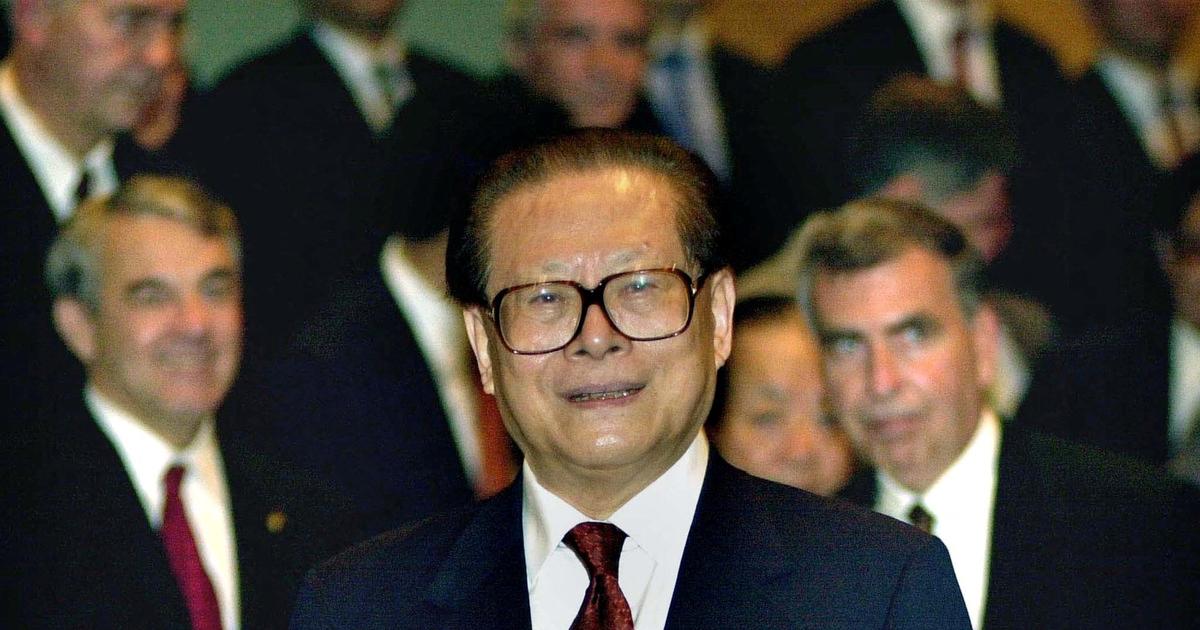With him, the "third generation" of Chinese Communists disappears, and a page in Chinese history is turned.
The death of Jiang Zemin on Wednesday, November 30, at the age of 96 a few weeks after his successor Hu Jintao was dramatically removed from public view, comes as Xi Jinping's absolute rule is contested in the streets and that the new emperor strives to erase the trace of the predecessors.
Jiang Zemin was presented as a modest
"transitional"
leader after the trauma of Tiananmen, and he ended up staying in power for 13 years.
He was described as a dull character, with glasses that were too big and pants worn very high.
In fact, he will never have been able to claim the natural authority or the charisma of Mao or Deng Xiaoping.
However, in 2002, he ended up leaving his successor - President Hu Jintao - a stable country on the internal level and with rediscovered respectability on the international scene.
These predecessors...
This article is for subscribers only.
You have 86% left to discover.
Freedom has no borders, like your curiosity.
Keep reading your article for €0.99 for the first month
I ENJOY IT
Already subscribed?
Login

